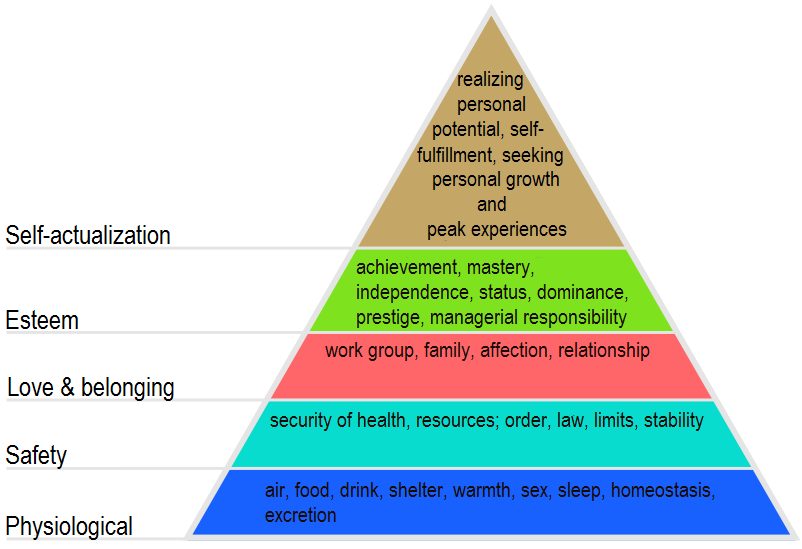It is not necessary to define well-being in positive terms any more than it is necessary to define health.
For the third or fourth time - Imagine a world where every conscious creature experiences maximum misery all the time.
This represents the lowest point in the "moral landscape".
Any move up from this point is an increase in well being.
I have no idea what the highest peak would look like. I also have no idea what the epitome of health would look like but that doesn't stop us making objective statements of fact about what promotes health and what damages it. Vomiting until you die a painful death is not good health. If anybody doesn't agree with this they are wrong. Objectively wrong. Wrong as a matter of fact.
Ethical decisions will lead us to higher or lower points in the moral landscape.
When the Taliban oppress 50% of the population and blind little girls for wanting an education they are moving to a lower point in the landscape. This is not an opinion it is a fact.
Infant mortality, age expectancy, poverty and a thousand other metrics of well being that we could use proves they are wrong. They value the wrong things.
